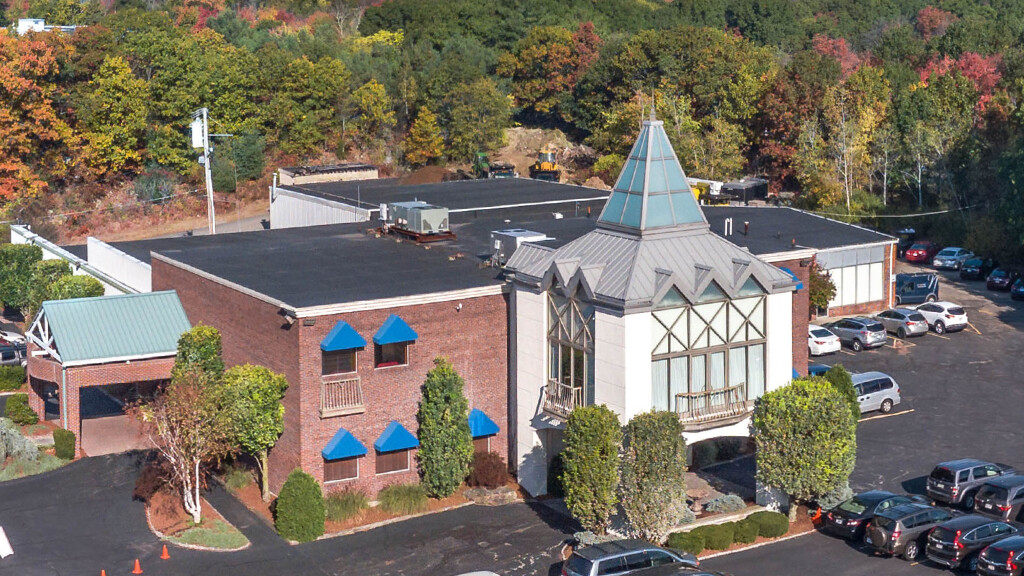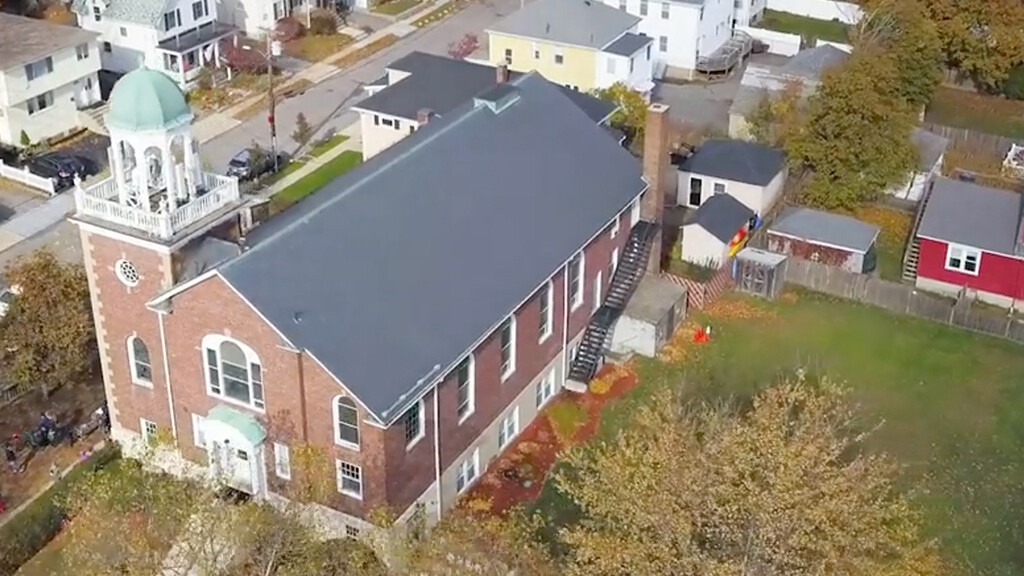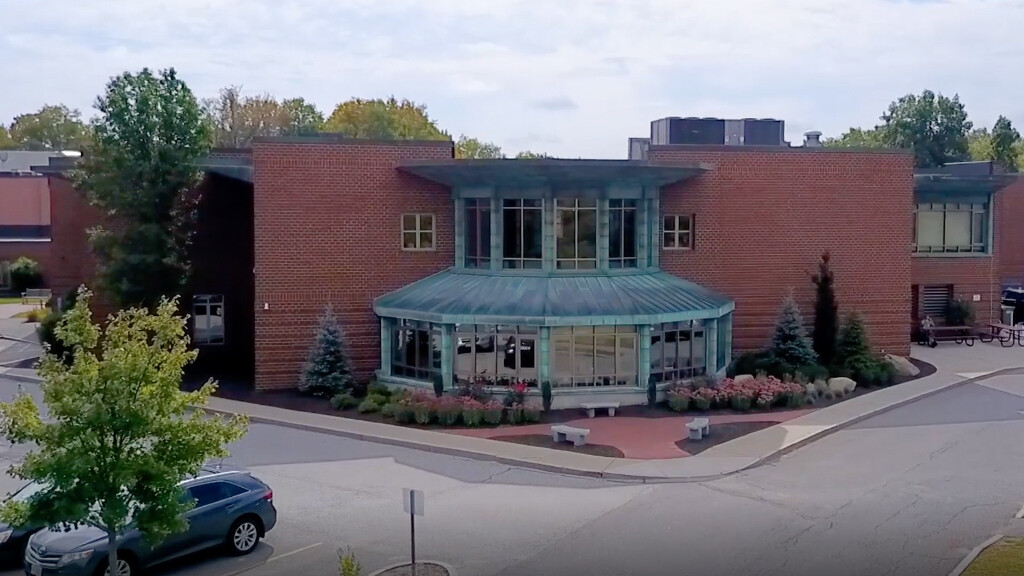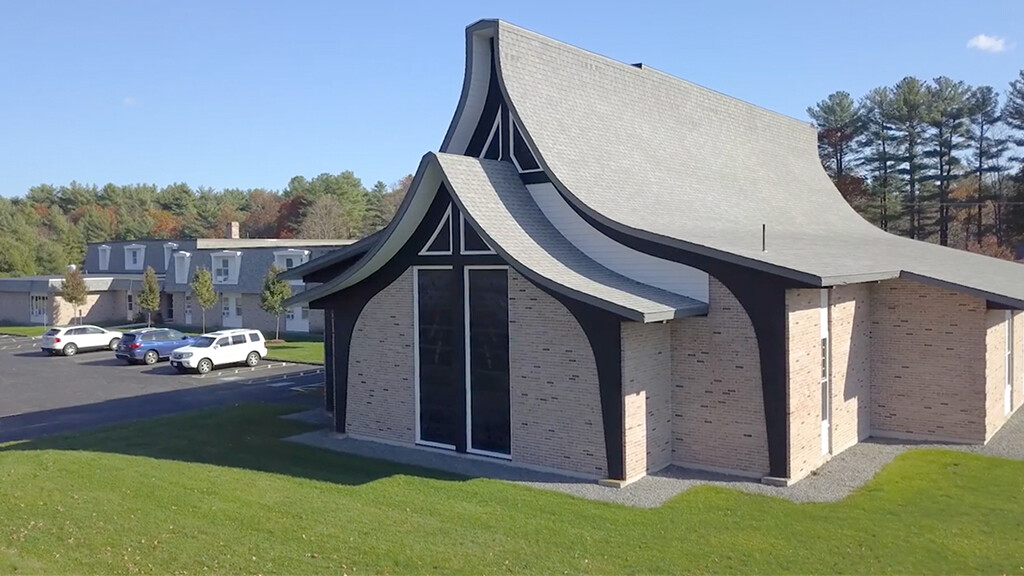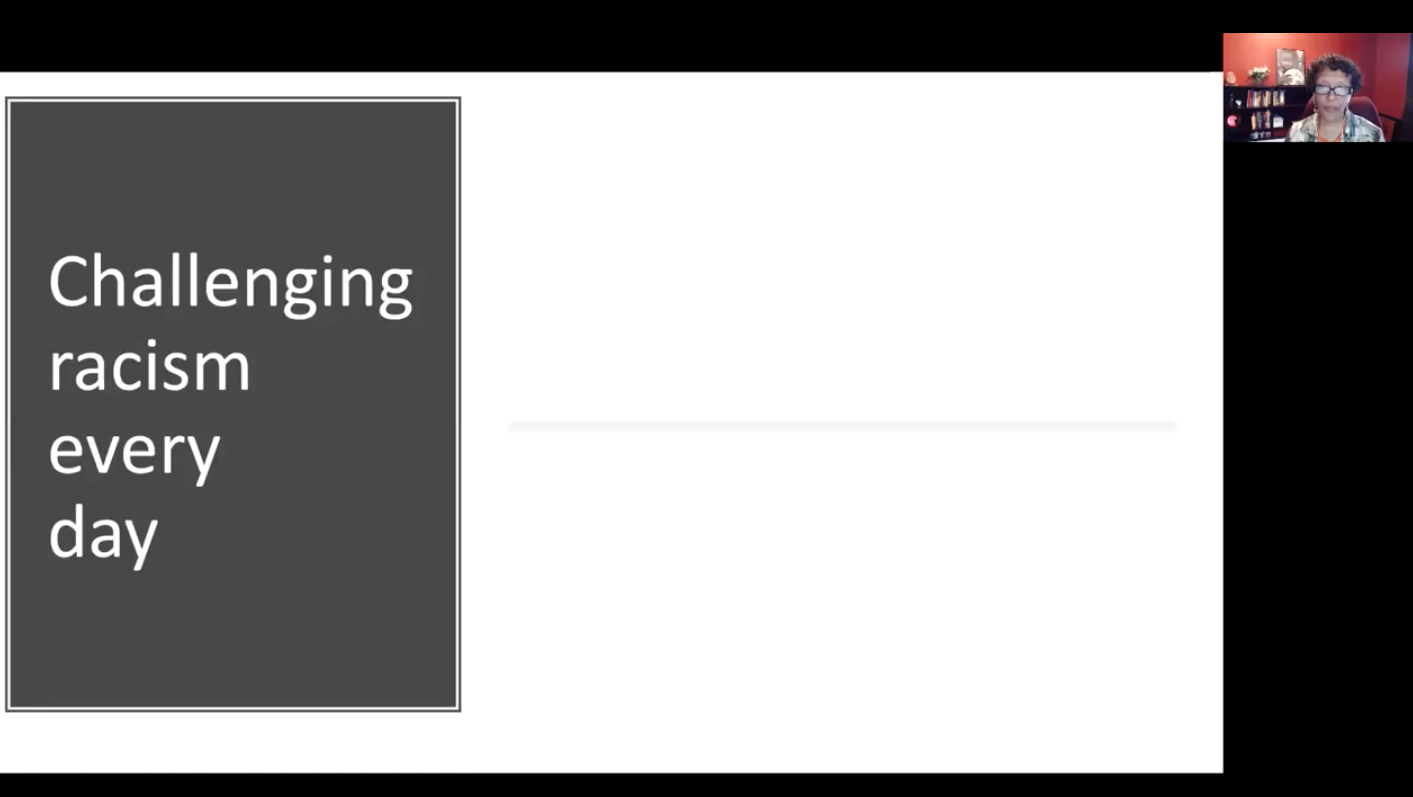
Challenging Racism Every Day
Hi Grace Chapel Family.
It’s me, Cynthia Silva Parker again. And I have been thinking a lot about where we go from here.
It’s a question that a lot of people are asking lately. And it’s a question that a lot of people have been answering for a very long time. While we are in moment of acute awareness of racism and it’s horrific impact, the problems we are confronting are not new. And the solutions are not new either.
There are four areas where we are challenge racism in our everyday lives.
- We can challenge racism in our own hearts and minds.
- We can challenge racism in our interpersonal relationships and interactions
- We can challenge racism in our workplaces, schools, churches, and other institutions.
- We can challenge racism in our society and in the ideologies and false narratives that hold racist systems and structures in place.
I’d like to share a few specific ways we can challenge racism at each of these levels. None of what I’m about to say is original with me. I’m sharing what I’ve learned from activists, organizers, and teachers of many kinds.
So, how can challenge racism in our own hearts and minds?
- Do your homework. Take responsibility for learning about history and solutions. There are so many great readings and videos. The book Be the Bridge that many of us are reading, and the companion resources provided on its website are an excellent place to start.
- Heal from internalized racism. We have all internalized the racial hierarchy, and that causes deep wounds. Uncover those wounds and set about the work of healing together in community.
- Expose and reduce bias—both conscious and unconscious. Look up The Science of Equality as one place to begin.
- Grieve and repent of racism, both personally and collectively.
- Opt in, not out. There is work for all of us to do, no matter our racial background. So, lean in and cultivate humility and persistence when the work gets difficult.
How can we challenge racism in our interpersonal relationships and interactions?
- Listen deeply and believe what people, especially Black, Indigenous, and other people of color, tell you about their experiences. And I’m not just talking to white folks here. There’s a lot of work to do within and between all of the racial groups.
- Don’t tokenize people. Build authentic relationships across racial differences.
- Lean on racial affinity spaces – people who share your racial background – so that you don’t overwhelm folks from different racial backgrounds with questions and needs for emotional support on your learning journey. This actually makes cross-racial dialogues better, not worse.
- Raise anti-racist kids. There’s no such thing as not-racist. You’re either confronting racism or you’re supporting it. And confronting racism is learned behavior, just like supporting racism is. By the time we think our kids are old enough to talk about race and racism, they have already absorbed years of messages from the wider culture and even our own families. Check out org to join a multiracial community of parents who are raising “a generation of children who are thoughtful, informed, and brave about race.”
- Call in family members and friends, whether they are loud bigots, folks who quietly see racism as someone else’s problem, or folks who don’t acknowledge racism at all.
All of this probably feels like familiar advice. So, how can we challenge racism in our workplaces, schools, churches, and other institutions?
- In our workplaces and businesses, we can work for equity, not just diversity and inclusion. Among other things, that means making sure people of color are fully part of the decision-making process and that resources are allocated toward those who need them the most.
- In our churches, we have to challenge our very concept of God and what God expects from us. How much of it is it based on the Bible? How much is based on white, Western church traditions? It’s tough stuff and we’ve got to dig in.
- In our schools, we can demand conditions and resources that allow all students to flourish and curricula that reflect the truth about racism and the resistance and resilience of Black, Indigenous and other people of color in the face of racism.
- In other public and private institutions, we must demand full access, fair treatment, and attention to equitable outcomes.
Truthfully, the fact that there is so much we can and should do within institutions gives me hope. None of us has to do everything, and all of us can do something.
And finally, how can we challenge racism in our society and challenge the ideologies and false narratives that hold racist systems and structures in place?
- In our neighborhoods, we can create welcoming spaces. That includes challenging our neighbors and public officials to welcome efforts to integrate our neighborhoods and create affordable housing options.
- We can stop consuming racist images and stereotypes in entertainment and cultural activities. Instead, we can seek out films, music, books, and art that tell stories of and by people of color.
- We can use our wallets to support businesses that are owned and led by Black, Indigenous and other people of color and avoid businesses that harm people and communities of color. If we have funds to invest, we can insist on social and environmental responsibility screens. If we own stock, we can engage in shareholder activism.
- And finally, we can use our voices and our vote. We can register people to vote and support efforts to get-out-the-vote. We can work and vote for – and perhaps even be – politicians who advance racially just policies and practices. To find out what some of those policies and practices might be, we can study the platforms of movements and organizations led by Black, Indigenous, and other people of color, as well as white allies. We can organize around their recommendations for transforming health care, community safety, education, the economy and more. As I close, I want to share just a few of my go-to resources: The Movement for Black Lives, The Poor People’s Campaign, PolicyLink, and The Color of Change. These are but a few of the folks who are guiding us toward a more racially just society where everyone can thrive. And Oprah Winfrey’s recent town halls are full of wisdom about where we are and what we need to do next. I recommend listening to them in full.
So, while challenging racism sounds huge, and it does take serious and sustained effort and will, there are so many things we can and must do. As God’s people, we can’t sit idly by while any of our brothers and sisters suffer. Let’s all do our part to challenge racism every day. I leave you with the words of the prophet Micah. “And what does the Lord require of you? To act justly and to love mercy and to walk humbly with your God.” May God bless you as you live out these words. Peace!

